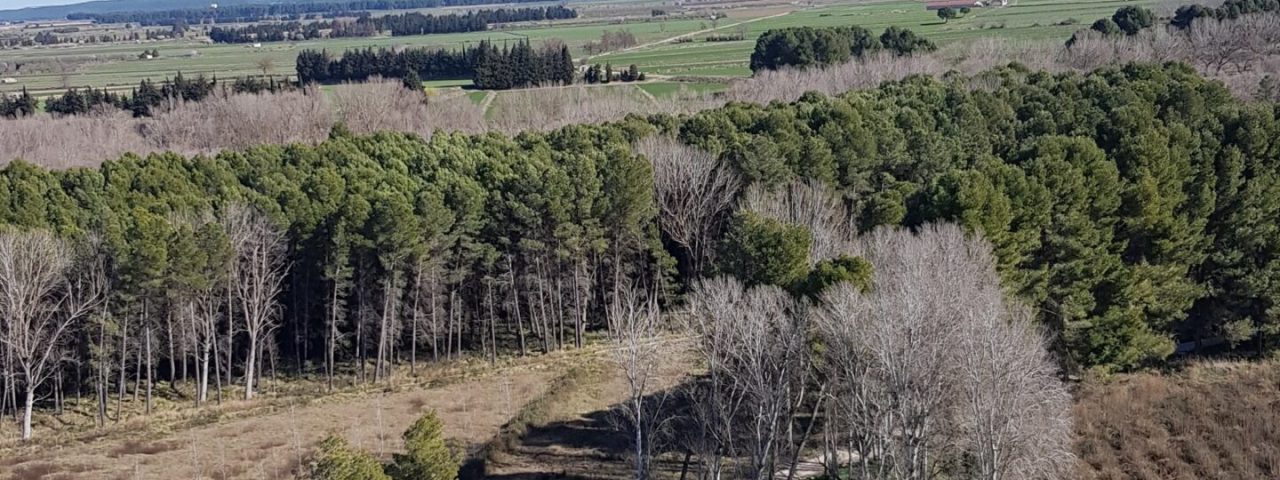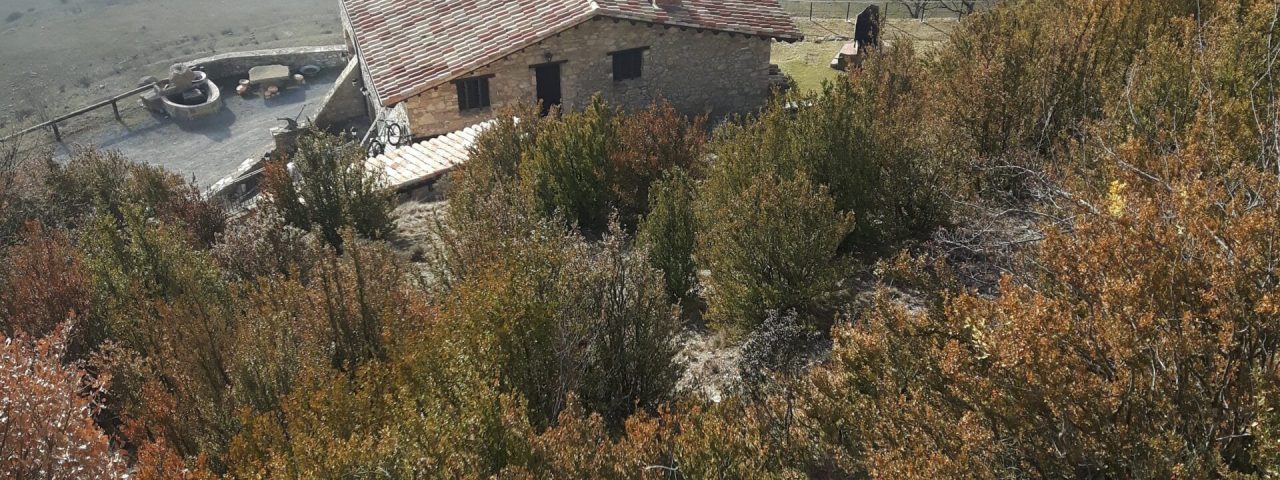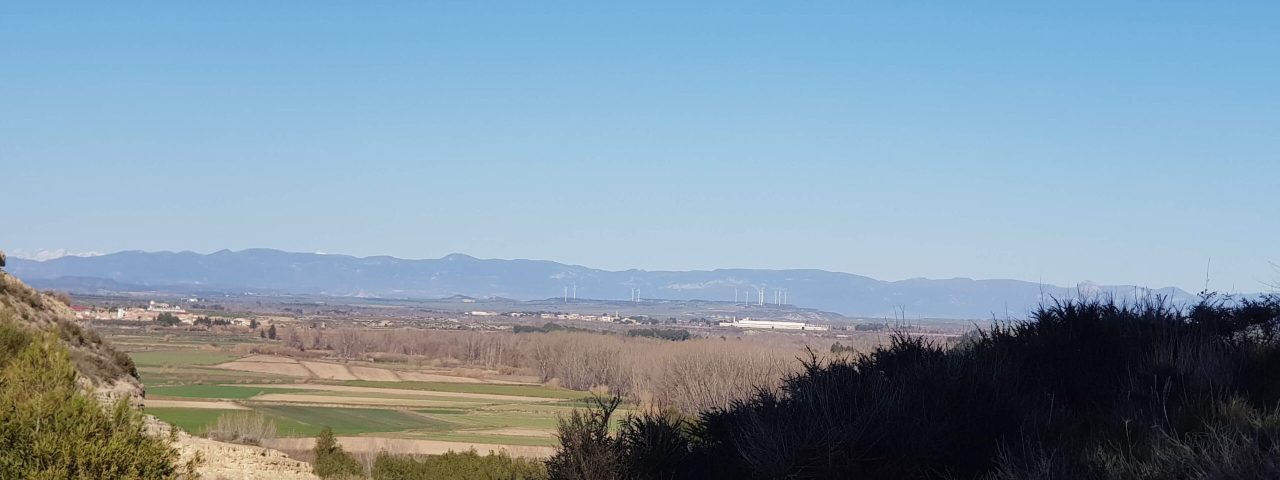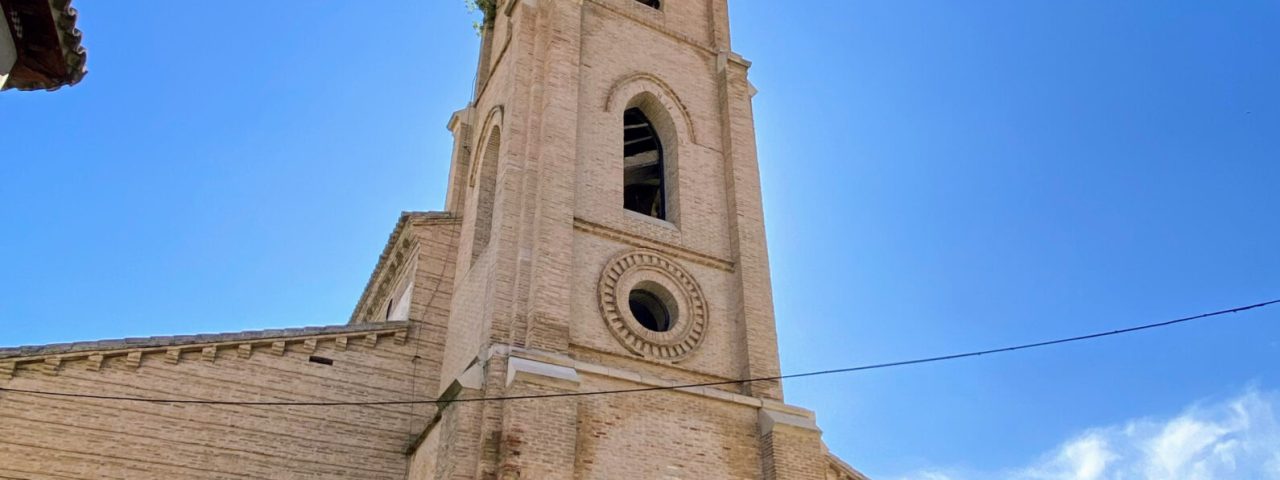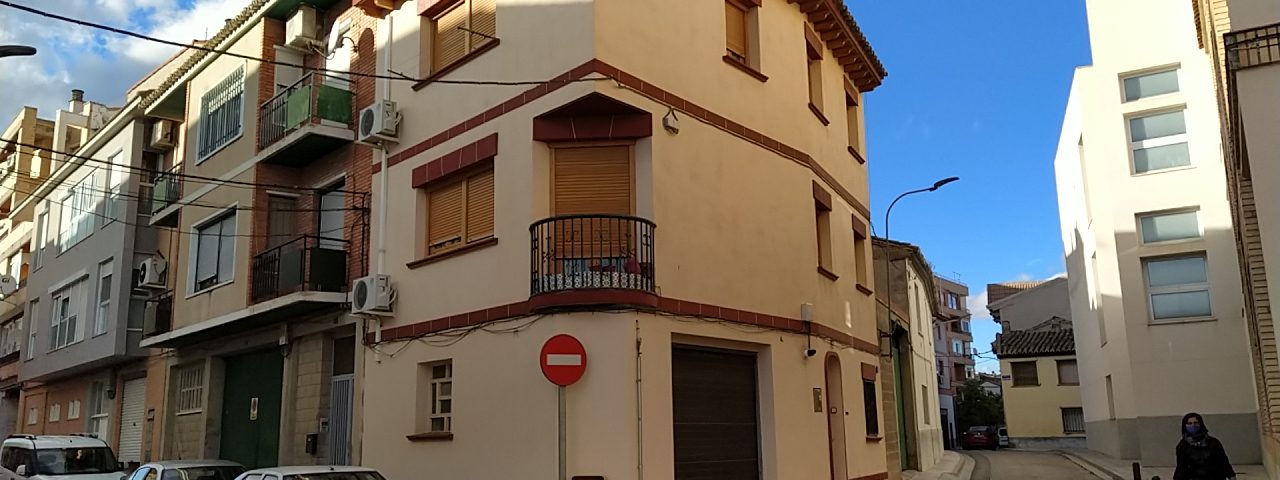Zuera has a rich historical heritage that dates back to ancient times. The area was originally inhabited by Iberians before becoming an important Roman settlement, benefiting from its strategic position along the ancient Roman road that connected the Pyrenees with Zaragoza. Remnants of Roman influence can still be felt in the town’s layout and nearby archaeological finds. After the fall of the Roman Empire, Zuera, like much of Spain, experienced periods of Moorish and Christian rule, contributing to its diverse cultural landscape.
The town is home to several important historical landmarks, including the Church of San Pedro Apóstol, a Gothic-style church that stands as a testament to its medieval past. Zuera is also known for its vibrant festivals, including the annual “Fiestas de San Licer,” which is held in honor of the town’s patron saint and features lively parades, music, and traditional dances. The people of Zuera take great pride in their local customs and traditions, which have been passed down through generations, making it a wonderful place to experience authentic Aragonese culture.
Culturally, Zuera is deeply connected to its agricultural roots, but it has also embraced modernization while retaining its historical essence. Visitors can still experience traditional crafts and rural ways of life in its surroundings, offering a glimpse into the slower, more tranquil pace of life that defines the region.
